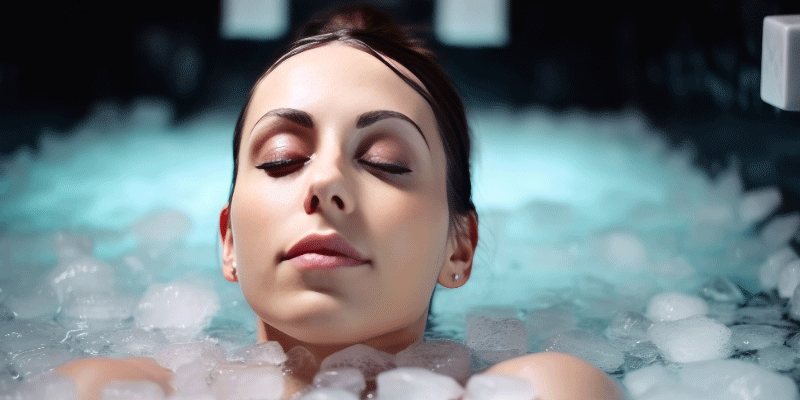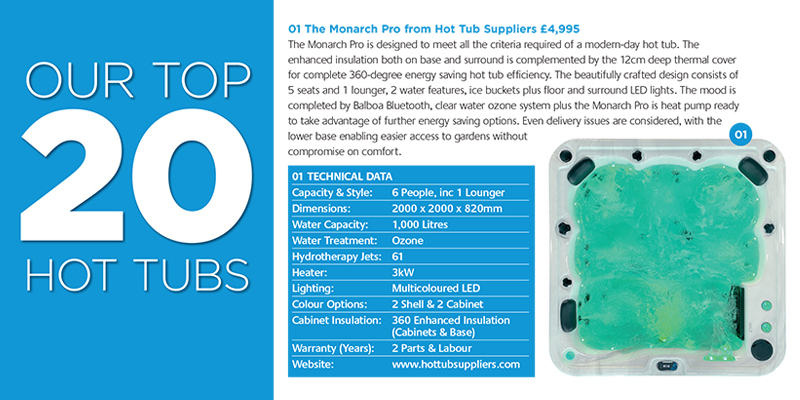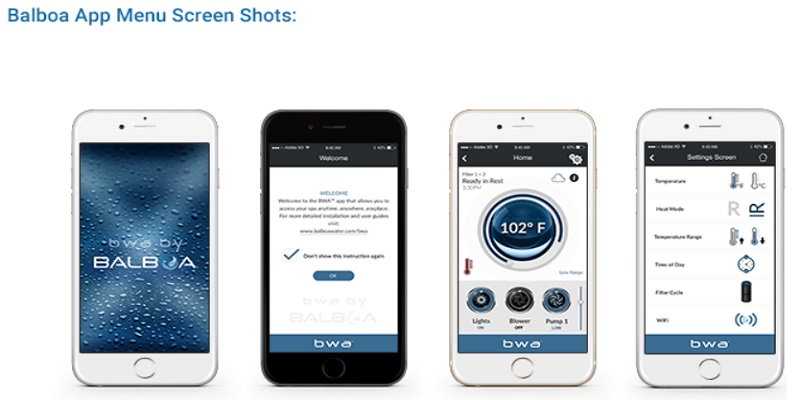Chilling Out for Mental Well-being : The Surprising Benefits of Ice Therapy
Also known as cold therapy or cryotherapy, this method involves exposing the body to extremely cold temperatures for short durations. While primarily recognised for its physical benefits, such as reducing inflammation and aiding muscle recovery, ice therapy has also demonstrated remarkable mental health advantages.
Stress Reduction
One of the primary mental health benefits of ice therapy is stress reduction. Exposure to cold temperatures prompts the body to release endorphins, the body's natural mood lifters. Endorphins are neurotransmitters that act as stress relievers and mood enhancers. As the body adapts to the cold, the brain releases endorphins, resulting in a state of relaxation and improved overall mood. This calming effect can be particularly beneficial for individuals dealing with chronic stress or anxiety.
Improved Sleep
Quality sleep is crucial for mental well-being, and ice therapy has shown promise in promoting better sleep patterns. The drop in body temperature caused by exposure to cold can trigger a natural sleep response. The body's circadian rhythm, which regulates sleep-wake cycles, is influenced by temperature fluctuations. By engaging in ice therapy, individuals may find it easier to fall asleep and experience a deeper, more restorative rest.
Mood Enhancement
Cold exposure has been linked to an increase in norepinephrine, a neurotransmitter associated with improved mood and cognitive function. The surge of norepinephrine can result in heightened alertness and a sense of clarity. Individuals struggling with mood disorders, such as depression, may find ice therapy to be a complementary strategy to conventional treatments, providing an additional avenue for mood enhancement.
Boosted Energy Levels
Ice therapy has the potential to stimulate the release of adrenaline, a hormone that prepares the body for the "fight or flight" response. While this response is typically associated with stress, controlled exposure to cold can trigger a mild version of this reaction without inducing anxiety. As a result, individuals may experience increased energy levels, improved focus, and a sense of invigoration after ice therapy sessions.
Enhanced Resilience to Stress
Regular exposure to cold may contribute to increased resilience to stressors. The controlled stress induced by ice therapy prompts the body to adapt and become more efficient in responding to environmental challenges. This process, known as hormesis, involves exposing the body to manageable stressors, leading to improved overall resilience. As individuals become more adept at handling stress, they may experience a positive impact on their mental well-being.
While ice therapy might seem like a novel and unconventional approach to mental well-being, the evidence supporting its benefits continues to grow.
From stress reduction and improved sleep to mood enhancement and increased resilience to stress, the mental health advantages of ice therapy are worth exploring.
As with any therapeutic method, it's essential for individuals to consult with healthcare professionals before incorporating ice therapy into their routine, especially if they have pre-existing health conditions. With the right precautions, embracing the chill could prove to be a refreshing and beneficial addition to the arsenal of mental health tools available.







